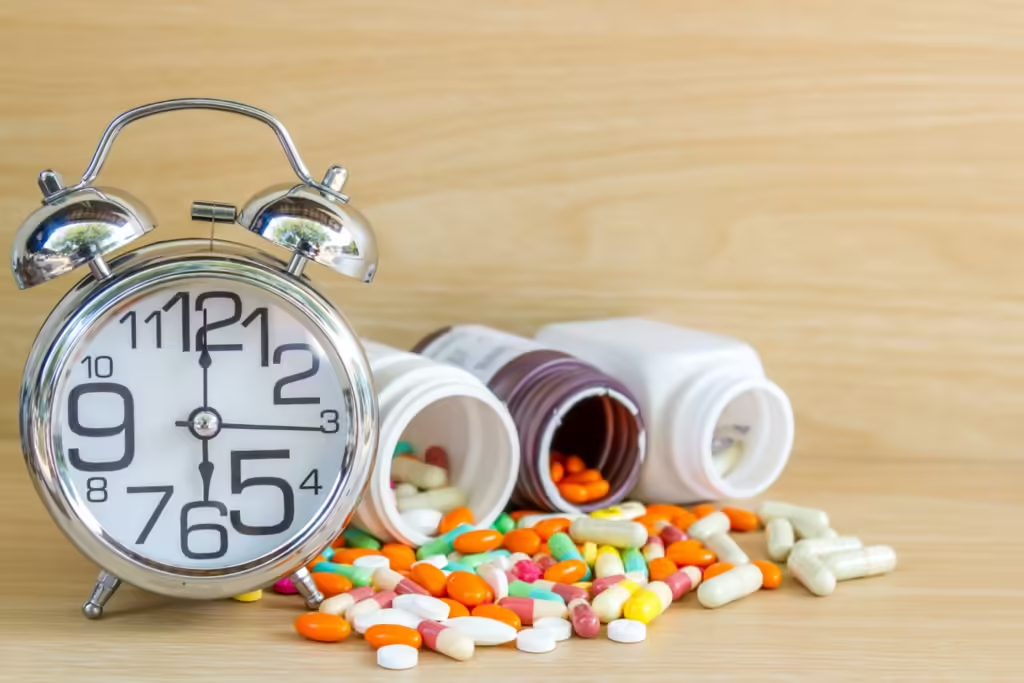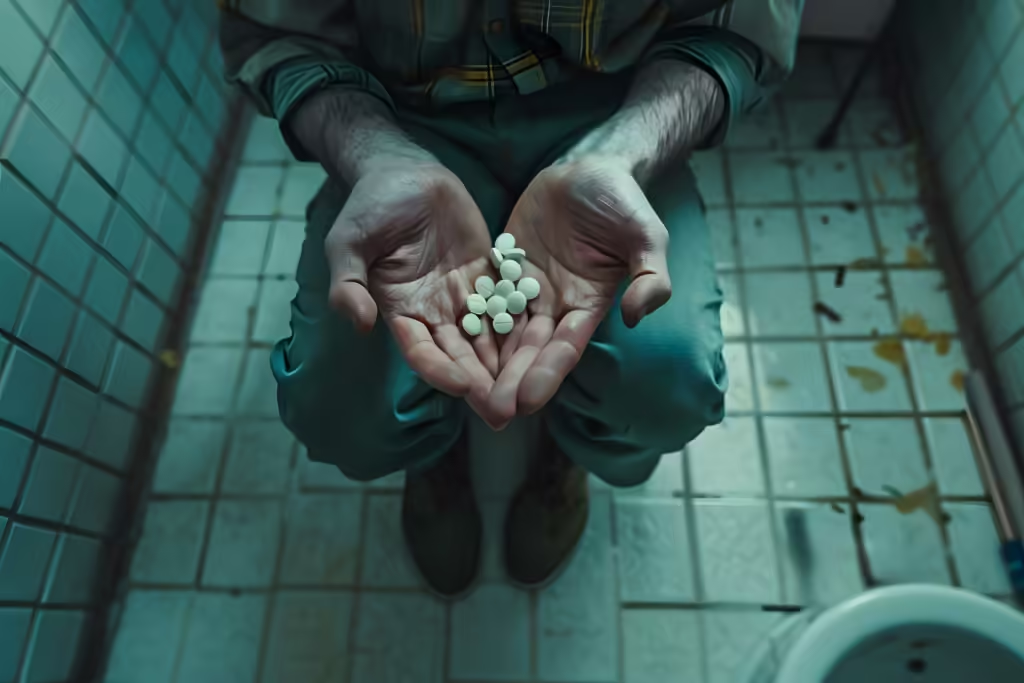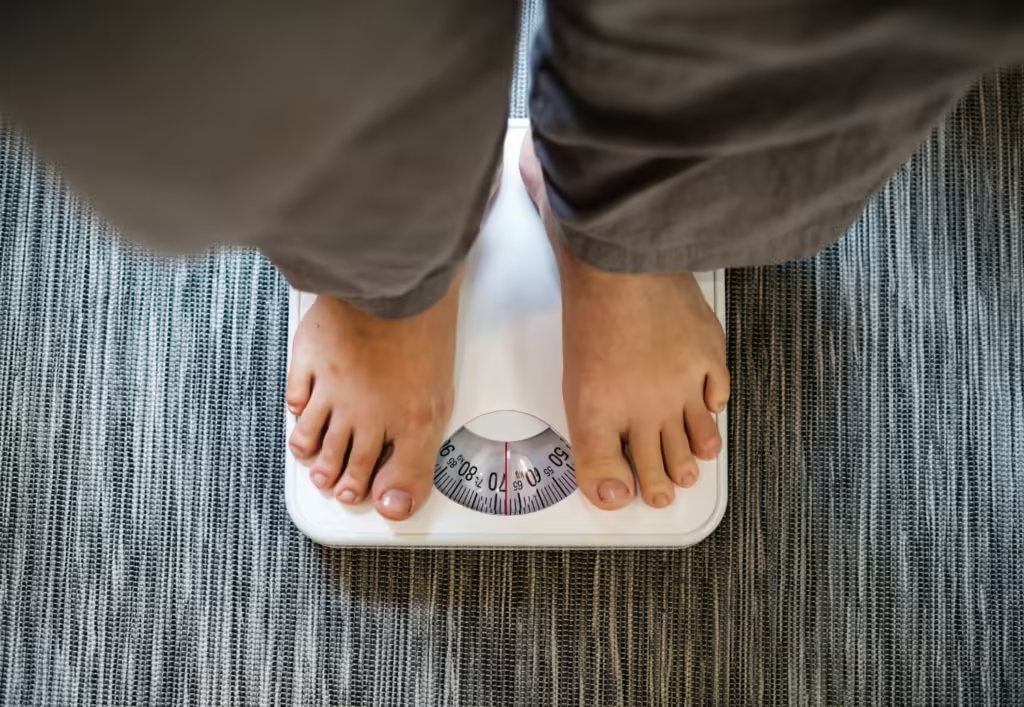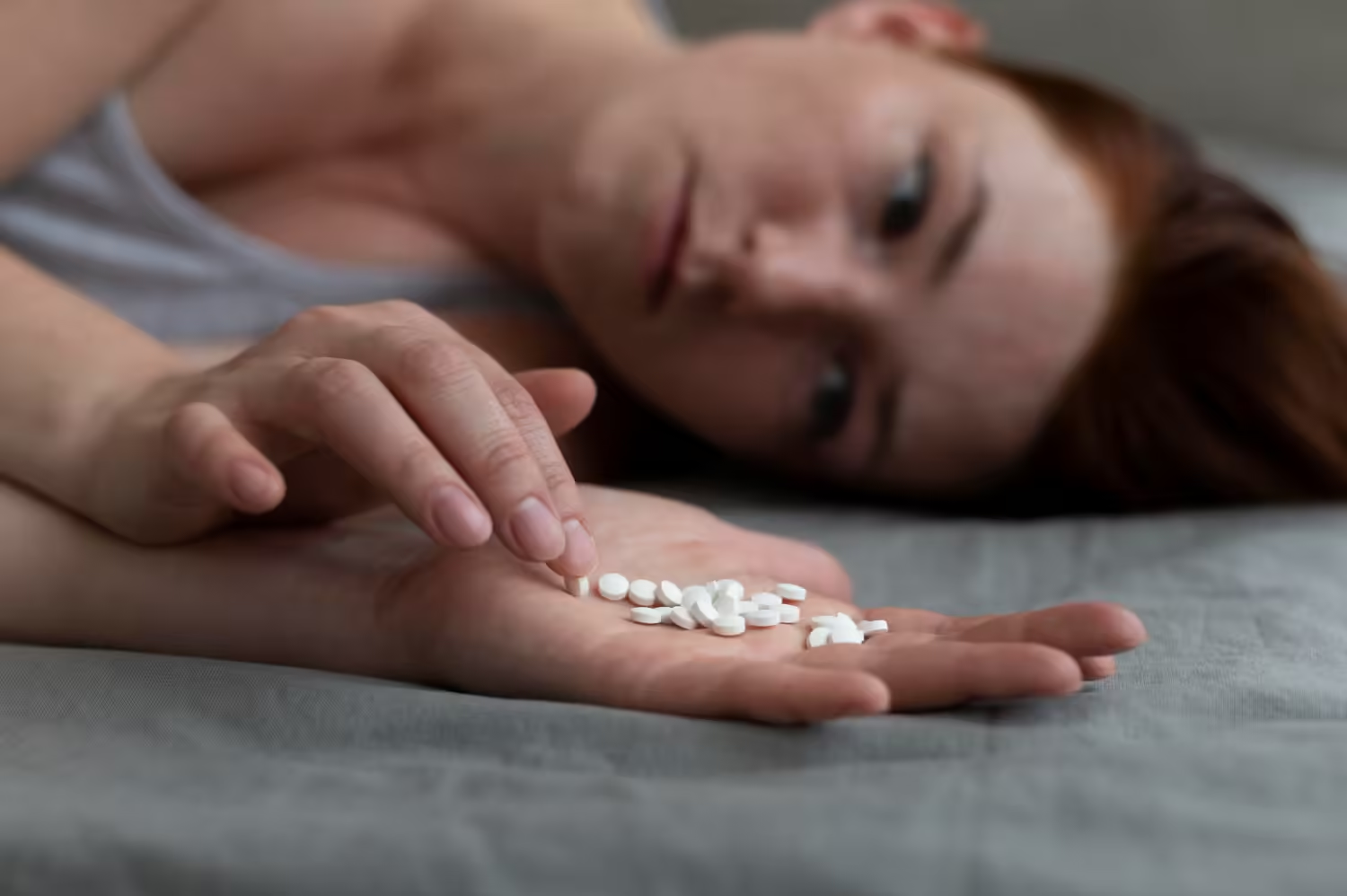What Is a Drug Overdose?
Substance or chemical overdoses can occur accidentally or on purpose. Drug overdoses happen when someone consumes more prescription or over-the-counter medication than is advised by a doctor. On the other hand, certain individuals might be particularly susceptible to specific drugs, making the high end of a drug’s therapeutic range dangerous for them.
Overdosing on illicit drugs for recreational purposes occurs when a person’s metabolism is unable to eliminate the drug quickly enough to prevent unwanted side effects.
Poisonings are the result of exposure to poisonous chemicals, plants, and other things. The poisoning is worse the greater the dose or the longer the exposure. Poisoning from mushrooms and carbon monoxide are two instances.
People reply in a different way to a drug overdose. Treatment is tailored to the individual’s wishes.
Drug overdoses can contain humans of any age. It is maximum common in very young children (from crawling age to about 5 years) and amongst teens to those in their mid-30s.
In 2014, there had been 47,0.5 drug overdose deaths inside the U.S. Overdose deaths from opioids, together with prescription opioids and heroin, killed more than 28,000 human beings that identical yr. More than 1/2 of these deaths were from prescription opioids.
What Are the Symptoms and Signs of a Drug Overdose?
Drugs affect every part of the body. Generally speaking, a drug overdose might have consequences that are more intense than those of normal use. Overdosing can have more severe adverse effects as well as other outcomes that would not happen with regular use. While lesser overdoses of some pharmaceuticals can result in serious side effects or even death, large overdoses of some medications only have minor consequences. For a small child, a single dosage of certain drugs might be fatal. A chronic illness may become worse in certain cases of overdose. For instance, chest discomfort or an asthma attack could occur.
Signs and Symptoms of a Drug Overdose

Problems with vital signs and symptoms (temperature, pulse charge, breathing price, blood stress) are viable and may be lifestyles-threatening. Vital signal values can be increased, decreased, or completely absent.
Sleepiness, confusion, and coma are common and can be risky if the character breathes vomit into the lungs (aspiration).
Skin may be cool and sweaty, or hot and dry.
Seizures (convulsions) may additionally arise.
Chest ache is possible and may be due to coronary heart or lung harm.
Shortness of breath may additionally arise. Breathing may also get fast, gradual, deep, or shallow.
Abdominal pain, nausea, vomiting, and diarrhea are viable. Vomiting blood, or blood in bowel actions, can be existence-threatening.
Specific drugs can harm particular organs, depending at the drug
What Is an Accidental Drug Overdose?

Either purposeful misuse or unintentional overuse of drugs can result in an overdose. Accidental overdoses occur when an adult or small kid with mental impairment swallows a medicine that was left in their reach. It is possible for an adult to accidentally take the wrong prescription or dose, especially if they are elderly or take many medications. Overdosing on purpose is done to achieve a certain result, such as getting high or hurting oneself.
Young children may swallow pills via accident because of their curiosity approximately medicinal drugs they will find. Children more youthful than five years (particularly 6 months to three years) tend to vicinity the whole thing they find into their mouths. Drug overdoses in this age institution are typically caused whilst someone by accident leaves a medicinal drug inside the infant’s reach. Toddlers, once they discover medicinal drugs, regularly percentage them with other kids. Therefore, in case you suspect an overdose in a single infant at the same time as other kids are round, the ones other children can also have taken the medicine too.
It is more common for adults and adolescents to overdose on drugs in order to hurt themselves. Self-harm attempts can be interpreted as suicidal attempts. Individuals who intentionally overdose on drugs often have mental health issues at their core. It’s possible that these illnesses have never been diagnosed previously.
What Are the Risk Factors for Drug Overdosing?
Risk factors for drug overdose include things that increase a person’s likelihood of abusing drugs, taking the wrong medication by mistake, or taking it in the incorrect dosage.
Risk factors for accidental drug overdose include the following:
- Age: Young children and the elderly are at risk.
- Taking many different medications
- Mental illness
Risk factors for drug overdose in drug abusers include the following:
- Gender: Men are more likely to abuse drugs.
- Age: For example, people 45-54 years of age are more likely to abuse opioids, while people 25-34 years of age are more likely to abuse heroin.
- Low income
- Mental illness
- High daily dosage of medications
- Doctor shopping
- Injection drug use
- Mixing alcohol with drugs
- Using multiple drugs
- History of overdose
- Use of street drugs
- Using drugs alone
When Should You Call a Doctor over a Suspected Drug Overdose?
The severity of a suspected drug overdose may be assessed by your physician, your neighborhood poison center, or the emergency room of your nearby hospital. When any symptoms from a drug overdose appear, it is critical to promptly and accurately document the precise name of the drug, the dosage consumed, and the time it was taken. The necessary information is often found on the bottle the medication arrived in.
Which Types of Doctors Treat a Drug Overdose?
A heroin overdose is treated by an emergency-medicine professional in the hospital emergency room. For certain people, a medical toxicologist may be consulted. Depending on the situation, youngster Protective Services staff may become involved if a youngster overdoses. Psychiatry services may need to be consulted if the overdose was caused by a suicide attempt.
You can get assistance from a counselor and an addiction specialist if you struggle with drug abuse.
How Do Doctors Test for a Drug Overdose?

There will be a history taken and a physical examination to check for signs of drug toxicity. To make a diagnosis, the physician may prescribe laboratory testing depending on the organ systems that the particular drug overdose can damage.
Can a Drug Overdose Be Treated at Home?
A doctor or poison specialist should always be consulted before using home cures or treatment. If an overdose is suspected but the person shows no symptoms, call Poison Control at 800-222-1222 (US).
The local poison control center may suggest home therapy and supervision for certain unintentional drug overdoses. Ipecac syrup or any other therapy should not be administered unless prescribed by a medical practitioner due to the possibility of complications with certain overdoses.
What Is the Medical Treatment for a Drug Overdose?
If a person is suspected of overdosing on drugs, call 911 immediately.
Treatment will be dictated by the specific drug taken in the overdose. Information provided about amount, time, and underlying medical problems will be very helpful.
Drugs may be administered with activated charcoal to assist bind and retain them in the intestines and stomach. As a result, less is absorbed into the blood. Once the medicine is attached to the charcoal, it is released in the stool. To help the patient pass feces from their intestines more quickly, a cathartic is frequently administered along with the activated charcoal.
Do You Need to See a Doctor After a Drug Overdose?
Everybody who overdoses has to see their physician for a follow-up. This is done, in part, to make sure that no organ system sustains delayed harm. Additionally, it’s to ensure that safeguards against a recurrence are in place.






